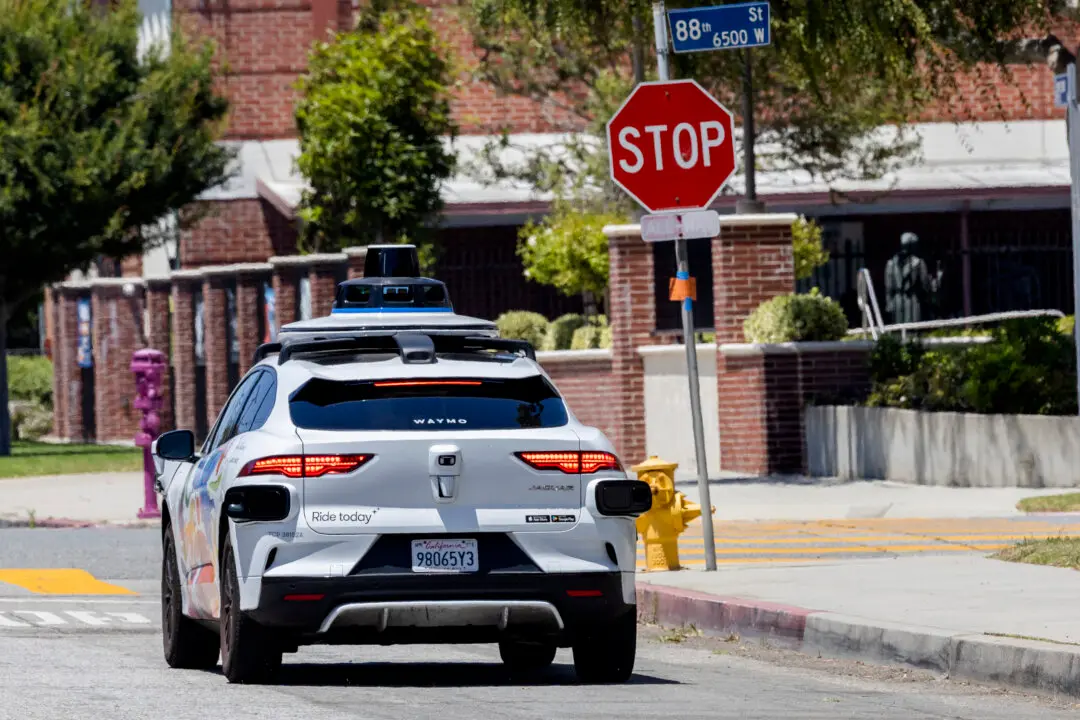SAN FRANCISCO—The California Senate passed a controversial bill on May 31 that would prohibit employers from requiring staff to intervene in active shoplifting. The bill is pending further review by state Assembly committees.
SB 553, authored by state Sen. Dave Cortese (D-San Jose), requires employers, who could potentially be victims of shoplifting and robberies, to do more to “keep employees safe at work.” Employers are asked to maintain a violent incident log, provide active shooter training and shoplifter training, and stop maintaining policies that require workers to confront suspected active shoplifters. The bill allows companies to apply for workplace violence restraining orders.





